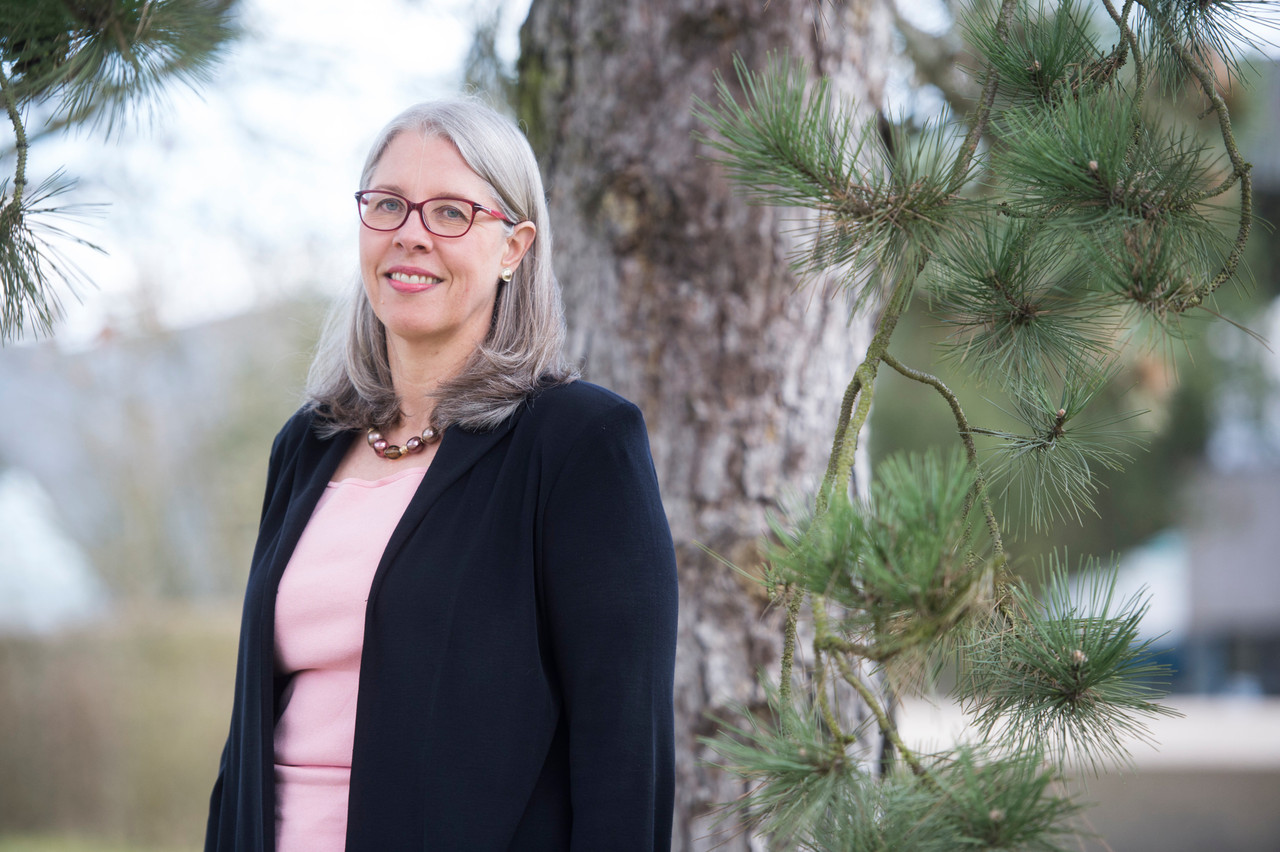“The biggest challenge with getting people in Europe to start saving for retirement is not really a question of money, at least for much of the population,” declared. People have been--at least until now--spoiled by the generous state pensions made available to a number of generations. There is little incentive for Europeans to save for retirement and, as such, people are rarely interested in this topic, she added, when asked about what friends and family say when discussing their financial future and retirement.
However, this is a problem because it leads to people--including surprisingly, in many cases, the younger generation--generally believing that the “state” will take care of them in retirement. This has been the case so far, said Voss. “But unfortunately, given demographics, there will be fewer people working per retiree, which will put great pressure on the state pensions.”
Making things personal
It’s critical that saving and investing for retirement is made easy for people, Voss emphasised. “I’ve seen firsthand that if one takes the time to explain the situation--demographics will put huge pressure on state pensions, there are ways to save, etc.--without using jargon and by making it personal, then individuals do understand what is at stake and that saving and investing for retirement is needed.”
Unfortunately, given demographics, there will be fewer people working per retiree, which will put great pressure on the state pensions
Having lived and worked in US before moving to Europe, Voss has a unique perspective. “I’ve been saving and investing since I started working in Boston in the 1980s, before I came to Luxembourg,” she explained regarding her own retirement planning. “In the US, there is much more focus on saving for retirement, with specific financial products destined for retirement, [such as] the 401k plans associated with one’s employer. As such, saving for retirement for me has been quite natural given that start in the US.”
After arriving in Luxembourg in the early 1990s, along with saving to buy a house and to pay for her daughter’s education, Voss has been saving and investing for retirement at a personal level. Her previous employer also set up a pension plan for employees and she has been contributing to a retirement savings plan in Luxembourg--the Article 111bis contract--for decades. permits a person to benefit from a tax deduction of up to €3,200 when investing in a specific retirement contract.
Start saving and investing early
“Start saving and investing early and with small amounts.” This, according to Voss, should be the mantra of governments and the financial industry in order to encourage interest in retirement planning.
Read also
Asset managers, for example, have operated so-called “regular savings plans” for decades, when a person opens up an account through his/her bank to invest in one or more investment funds. The client instructs the bank to automatically invest the same amount of money on a monthly basis, which can be as little as €25 per month. This is a “painless” way to invest as the customer gives the initial instructions once at the beginning, said Voss. The investment amounts, of course, can be increased with a simple instruction to the bank.
“The financial infrastructure in Europe exists for these plans to be widespread, even on a cross-border basis, but they are unfortunately underutilised,” she concluded. Therefore, it’s crucial to put resources into educating society about the need for each person to be an actor in their own financial future.
Three main takeaways?
For Voss, the most important things to take into consideration when planning for retirement are:
· Don’t expect that someone (the state) will take care of all of your future financial needs.
· You don’t need to have a lot of money to start saving and investing for retirement.
· Ask for advice on retirement planning from your bank or insurance companies.
Read all the instalments of our .

